Should You Keep Stick Insect as a Pet?
Updated on 04/26/24
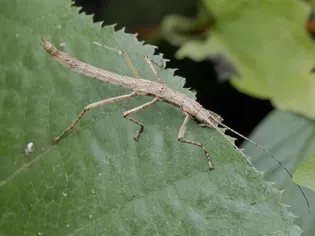
Should You Keep a Stick Insect as a Pet? An In-Depth Guide
In the realm of exotic pets, stick insects stand out as intriguing creatures that offer a unique and rewarding companionship experience. Their captivating appearance, gentle nature, and ease of care make them an attractive option for both experienced and novice pet owners. However, before embarking on this adventure, it is crucial to thoroughly consider the responsibilities and requirements involved in keeping stick insects as pets. This comprehensive guide will provide you with all the essential information to make an informed decision and ensure the well-being of your potential stick insect companion.
The Enchanting Attributes of Stick Insects
- Masters of Disguise: Stick insects, true to their name, are remarkable masters of camouflage. Their elongated, slender bodies and intricate textures allow them to blend seamlessly into their surroundings, resembling twigs, branches, or even leaves. This ability not only protects them from predators in the wild but also adds to their captivating charm as pets.
- Gentle Giants of the Insect World: Unlike many other insects that can be prone to biting or stinging, stick insects are known for their peaceful and docile nature. They are gentle creatures that pose no threat to humans, making them suitable pets for individuals of all ages, including children.
- Minimalistic Care: Stick insects are relatively low-maintenance pets, requiring less attention and care compared to other exotic species. Their dietary needs are simple, and they can thrive in a relatively small enclosure with minimal equipment, making them a convenient choice for those with busy schedules.
Exploring the Potential Drawbacks
While stick insects offer numerous advantages as pets, there are a few potential drawbacks to consider before making a commitment:
- Fragile Nature: Stick insects, despite their hard exoskeletons, are delicate creatures that require careful handling. Their long, slender limbs can be prone to breakage if mishandled, and their bodies can be easily damaged by falls or rough treatment.
- Limited Interaction: Unlike some other pets, stick insects do not actively engage with their owners in the same way as cats or dogs. While they can be fascinating to observe, they do not typically seek out physical affection or互动.
- Specific Dietary Requirements: Although their diet is straightforward, stick insects have specific nutritional needs that must be met. They primarily feed on fresh leaves from particular plant species, which may require some effort to source and provide regularly.
Essential Considerations for a Thriving Stick Insect Pet
If you are convinced that a stick insect is the right pet for you, it is essential to provide a suitable environment and care regimen to ensure their well-being:
- Adequate Enclosure: Stick insects require an enclosure that is tall enough to accommodate their full height and provides ample space for movement. It should be well-ventilated and escape-proof, with a secure lid and mesh sides.
- Appropriate Temperature and Humidity: Stick insects are tropical insects and thrive in warm, humid environments. Maintaining a temperature range of 75-85°F (24-29°C) and a humidity level of 60-70% is crucial for their health and well-being.
- Specialized Diet: Stick insects primarily feed on fresh leaves from plants such as bramble, oak, rose, and eucalyptus. Ensure a constant supply of fresh, pesticide-free leaves by growing your own plants or sourcing them from a reputable supplier.
- Regular Hydration: Stick insects obtain most of their hydration from the leaves they consume. However, providing a shallow water dish filled with fresh, clean water is recommended to supplement their moisture intake.
- Health Monitoring: As with any pet, regular health checks are essential for detecting and addressing any potential health issues. Observe your stick insect for signs of stress, injury, or illness, and seek veterinary attention promptly if necessary.
Case Studies: Real-Life Experiences with Stick Insect Pets
To provide a more concrete understanding of the joys and challenges of keeping stick insects as pets, let's delve into two real-life experiences:
- Success Story: Emily's Captivating Companions: Emily, a nature enthusiast, stumbled upon stick insects at a pet store and was instantly captivated by their unique appearance. She set up a spacious enclosure, meticulously maintained their diet and environment, and enjoyed observing their fascinating behaviors. Her stick insects thrived under her care, providing her with years of companionship and wonder.
- Cautionary Tale: David's Unintentional Neglect: David, a busy professional, was drawn to the low-maintenance aspect of stick insects. However, his demanding work schedule left him with little time for their specialized care. As a result, his stick insects suffered from malnutrition and dehydration, leading to health issues and an untimely demise.
Conclusion: A Rewarding but Responsible Choice
Keeping stick insects as pets can be an enriching and educational experience, providing a unique opportunity to observe and appreciate the beauty of nature up close. However, it is crucial to approach this endeavor with informed decision-making and a commitment to providing proper care. By understanding their specific needs and ensuring their well-being, you can create a thriving and harmonious environment for your stick insect companions. Remember, the well-being of any pet is a reflection of the responsibility and dedication of its owner.
Explore More Pets

Exotic Pet Species
Should You Keep a Chimpanzee as a Pet?
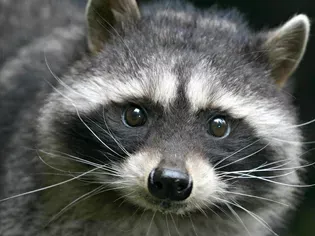
Exotic Pet Species
Should You Keep a Raccoon as a Pet?
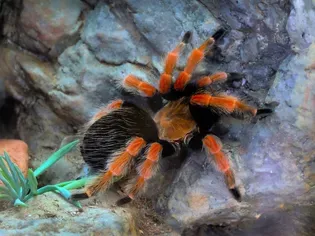
Exotic Pet Species
How to Care for a Pet Mexican Red-Knee Tarantula
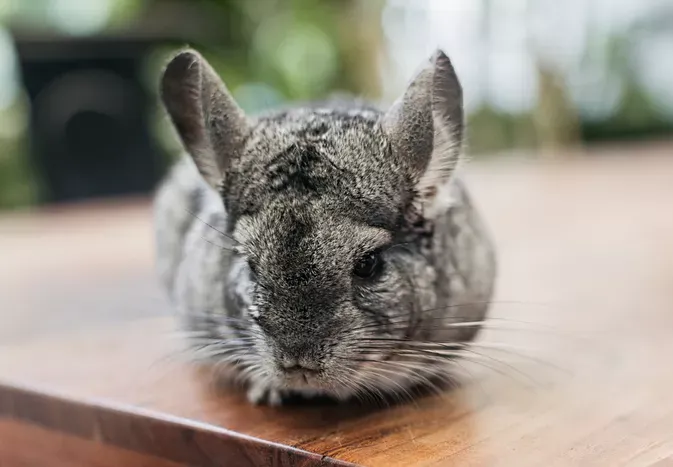
Exotic Pet Species
12 Best Exotic Pets for Apartment Living
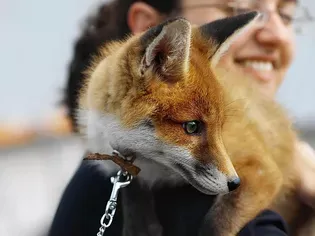
Exotic Pet Species
Best Foxes to Keep as Pets
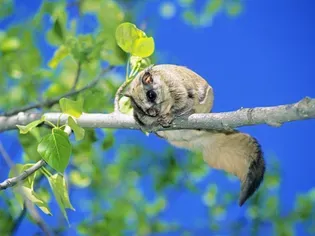
Exotic Pet Species
Should You Keep a Northern Flying Squirrel as a Pet?

Exotic Pet Species
Should You Keep a Big Cat as a Pet?
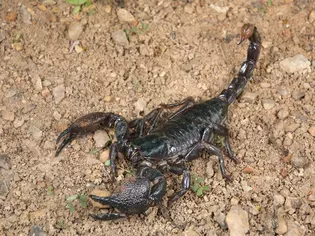
Exotic Pet Species
8 Top Scorpion Species Suitable as Pets